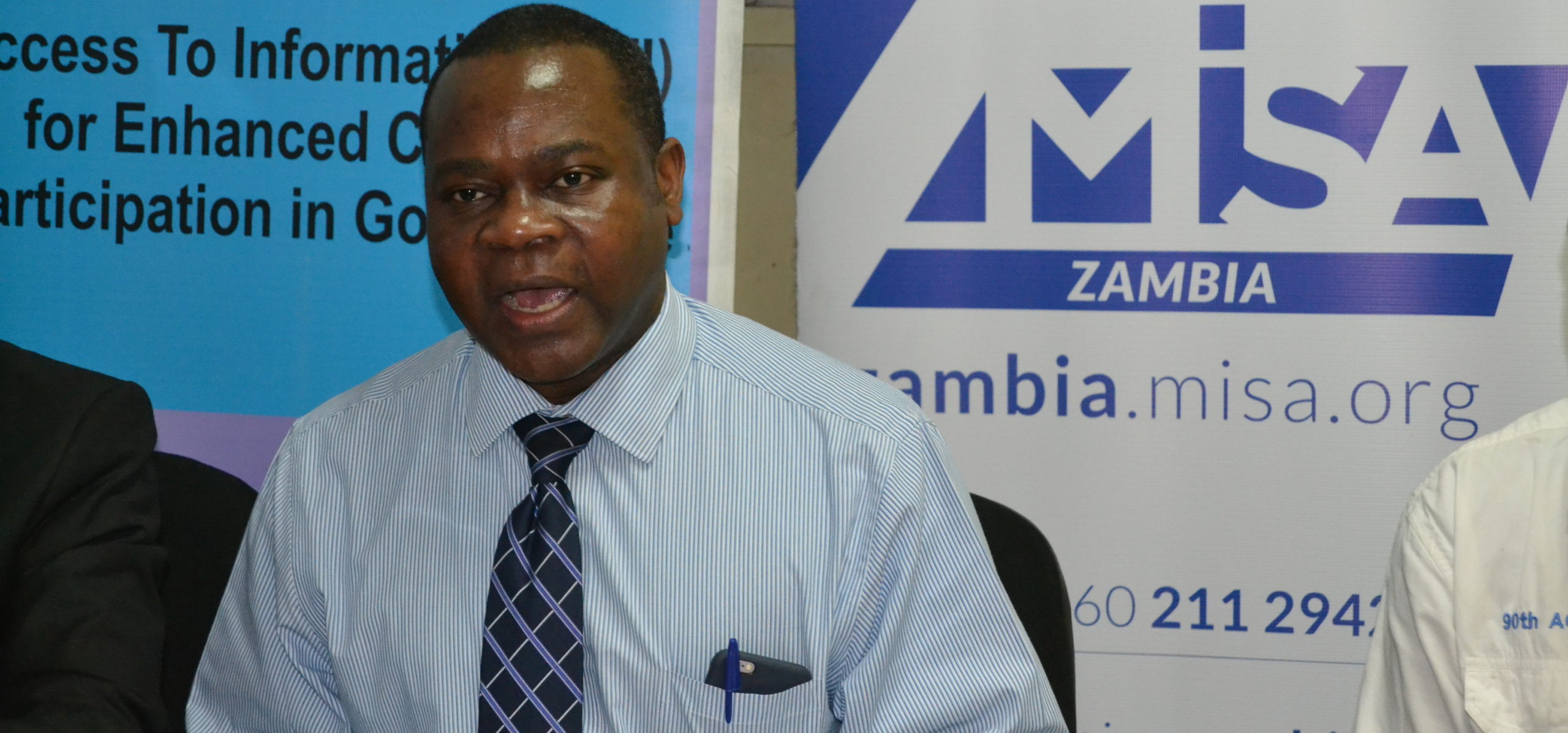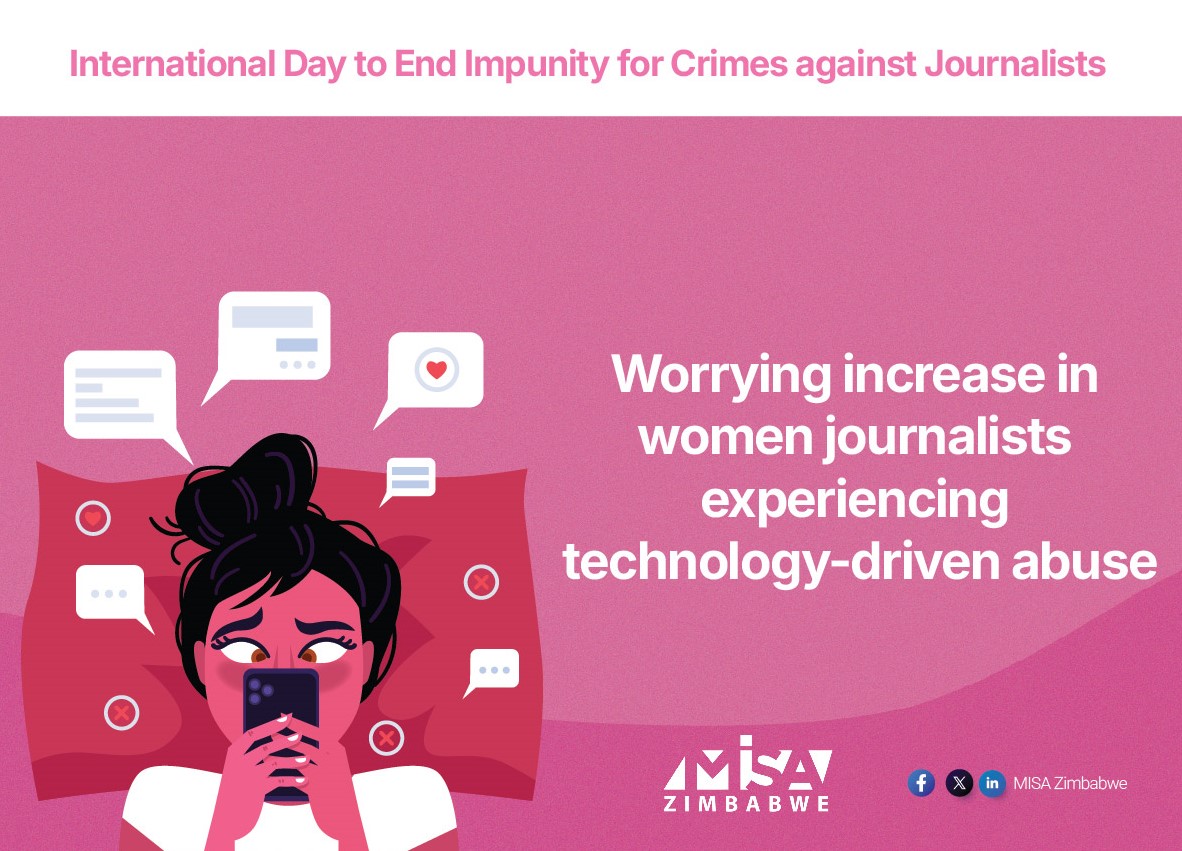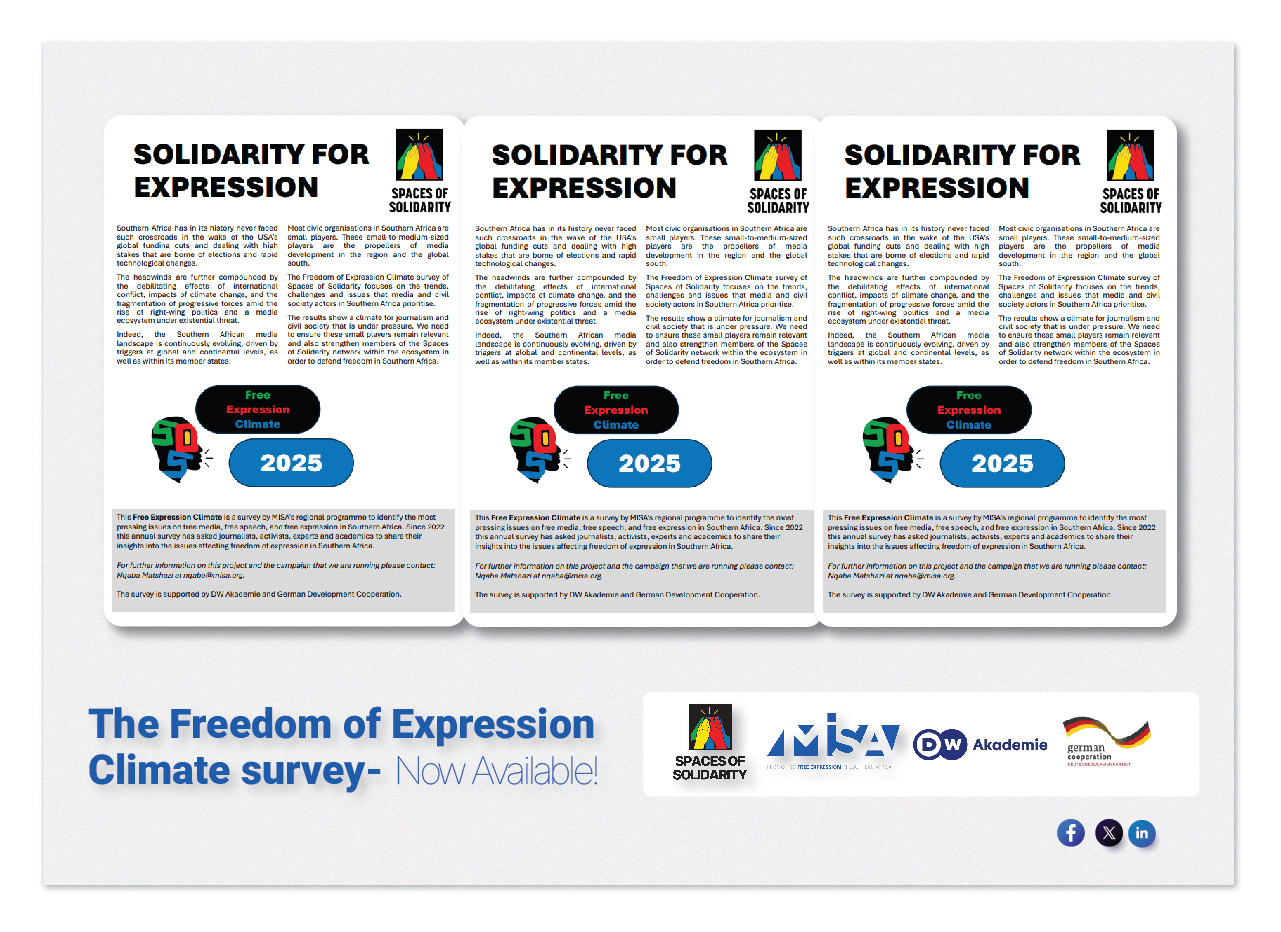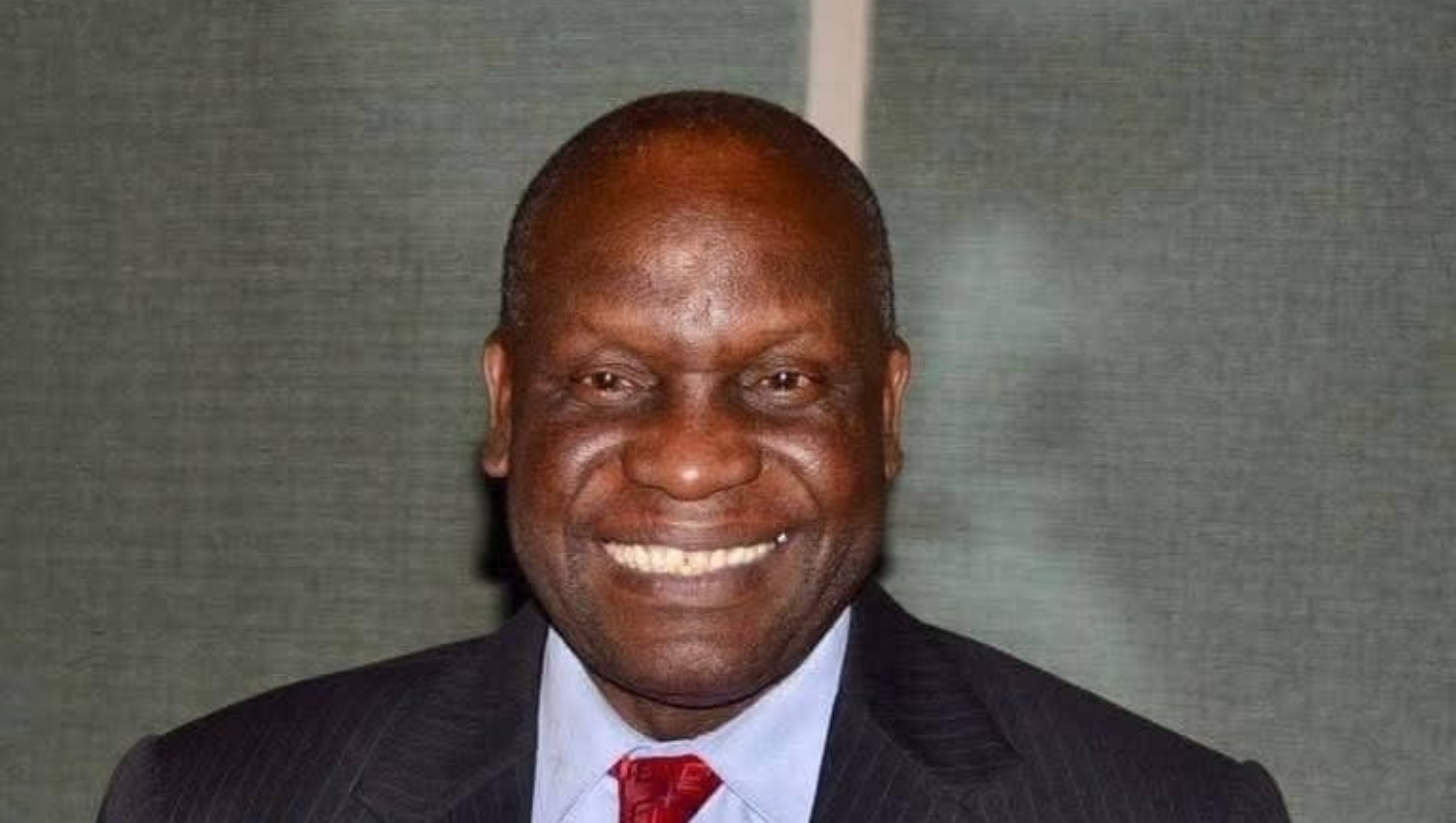Jesuit Centre for Theological Reflection Executive Director Emmanuel Mumba has charged that democracy is empty without citizens having access to information.
Speaking during the launch of the 2018 MISA Transparency Assessment Report, Fr. Mumba said the report showed that it was not easy for an ordinary citizen to access information from public institutions in Zambia.
He said it was important to note that the right of access to information is an important human right, necessary for the enjoyment of other human rights.
Fr. Mumba further said access to information implies not only that public bodies should accept requests for information, but also that they should publish and widely disseminate documents of significant public interest as such information would be available only to those specifically requesting it, when it is of importance to everyone.
He also advised citizens to care about access to information because it allows them to participate in priority setting and decision-making, to hold their government accountable, and to assure equal treatment and equal justice.
Fr. Mumba noted that countries like Zambia, who are confronted with the urgent need to improve their economy, strengthen institutions, modernize the public administration, and fight corruption, access to information can be used to achieve all of these objectives.
And speaking at the same occasion MISA Zambia Chairperson Hellen Mwale says public institutions in Zambia are not bound by any legislation to give information to the public on demand adding that what is mainly employed is discretion and goodwill by the officers in these institutions.
In a speech read for her by her Vice Chairperson Hyde Haguta, Ms Mwale said based on the findings, MISA Zambia is concerned because most of the institutions surveyed conduct business on behalf of the public who fund them through tax and are created to serve the citizens of Zambia.
She said it was clear from the research that the lack of sufficient legislation on access to information (ATI) is playing a big role in contributing to the situation adding that without an ATI law, officers in public institutions are not clear on whether they need to provide information to the ordinary citizens.
Ms Mwale explained that it was against this background that MISA Zambia and other like-minded organisations are advocating for the enactment of the ATI legislation that will place an obligation on the public institutions to give information to the citizens on request.
The MISA Transparency Assessment arises from a survey conducted annually of target public institutions to ascertain their responsiveness to demands for information from the public institutions by ordinary citizens.
This year’s Golden Key went to National Road fund Agency while the Golden Padlock went to the Ministry of Community Development and Social Services.
For the full report – ZAMBIA TRANSPARENCY ASSESSMENT REPORT – 2018.pdf













